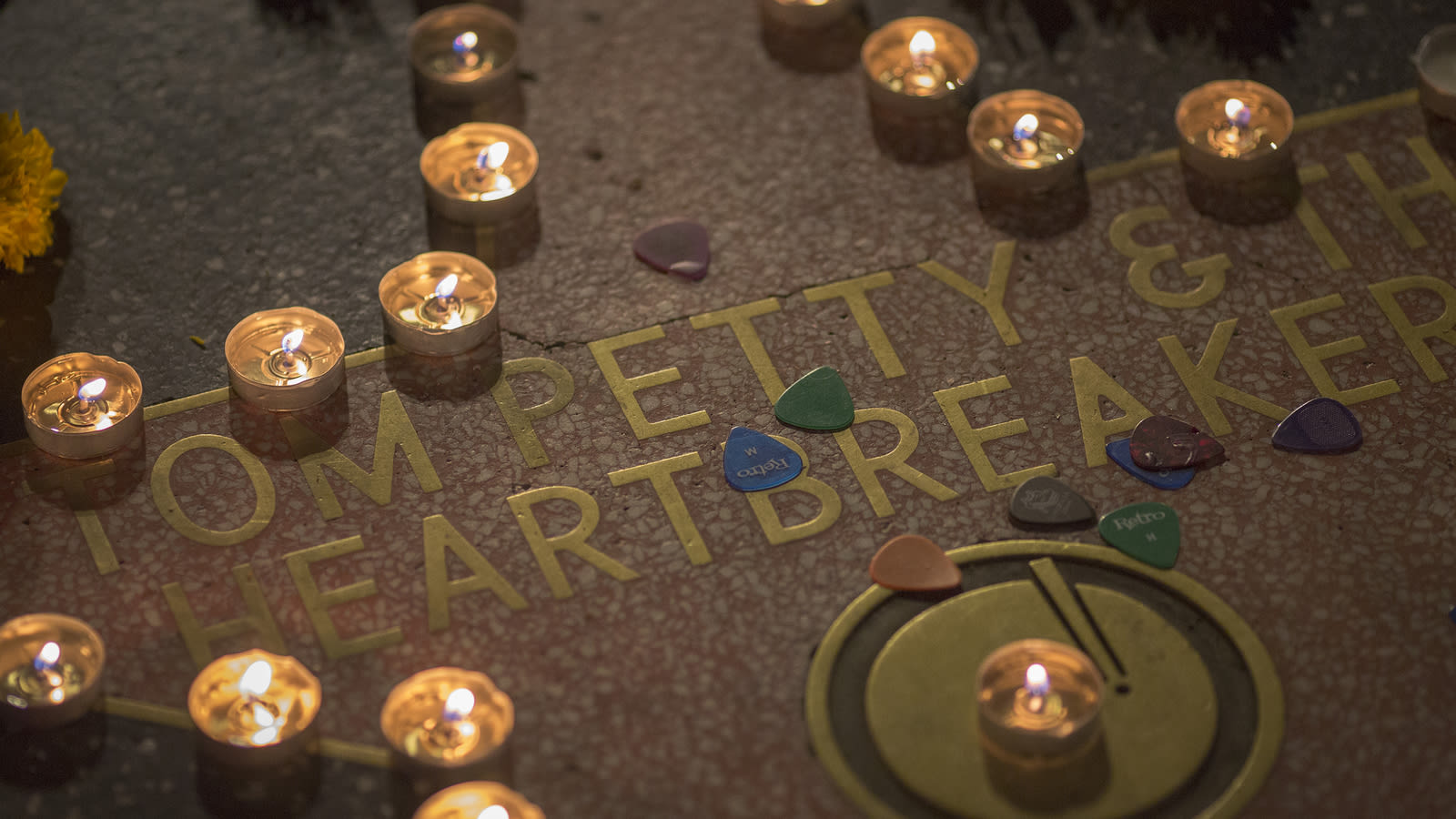
How has music changed with the recent loss of so many artists?
2016 seemed like an all-time downer of a year. And then 2017 got here.
Besides everything else – political chaos, natural disasters and "The Emoji Movie" – the last two years have been flooded by what seems like a record number of music celebrity deaths.
The list of the recently deceased reads like a roster of potential Bonnaroo headliners: David Bowie, Merle Haggard, Leonard Cohen, Prince, Glenn Frey, A Tribe Called Quest’s Phife Dawg, and George Michael, among many others, in 2016, and Tom Petty, Chuck Berry, Chris Cornell, Fats Domino, Glen Campbell and Gregg Allman this year.
That’s just the household name legends. Add in Steely Dan’s Walter Becker, Hüsker Dü’s Grant Hart, AC/DC rhythm guitarist Malcolm Young, 21-year-old New York rapper Lil Peep, the Tragically Hip’s Gordon Downie, Linkin Park frontman Chester Pennington, Holger Czukay of Can, Fred Cole of punk legends Dead Moon, and it feels like open season on some of the most beloved and admired artists of the past 50 years.
It’s unlikely that the death rate is going to slow down in 2018, or any time after that. According to the actuarial tables, some of the few remaining original rock ’n’ roll artists are living on borrowed time already, and the Boomer generation that made rock music a global phenomenon in the 1960s and ’70s is well past the retirement age. The members of that generation – the British Invasion, the folk revival, the American psychedelic scene – and the ones that followed – punk, classic FM rock, the first generation of hip-hop, funk and disco—have reached their '60s and '70s. Statistics suggest that we’ll be reading their obituaries all through the next several years.
There’s already a surprisingly high casualty rate on the list of history’s best-selling artists—early deaths marked the careers of the Beatles, Michael Jackson, Led Zeppelin, AC/DC, Whitney Houston, and Queen—and the ones who are still around aren’t getting younger. We’re probably just at the beginning of a wave that will last for decades.
Celebrity deaths are a strange phenomenon. Music creates intense emotional connections, and the death of someone we’ve never met, or even seen in person, can feel like a personal loss. The music remains, but there’s a void behind it.
It’s even worse when artists die young, and the entertainment industry can be a dangerous business. Drug and alcohol abuse, the emotional and psychological toll of fame, the physical demands of life on the road – all the dangers and risk of showbiz can take years off your life, as 2016 and ’17 have demonstrated.
But the music will be here forever, or at least as long as streaming services maintain their licensing deals. And our favorite artists live on in their influence. We loved their innovations – the best way for the artists who follow them to pay tribute is to keep making new music that challenges us and changes us.
The ghosts of David Bowie and Prince can be heard in the music of Bruno Mars and Miguel; the laid-back hedonism of Glenn Frey’s Eagles lives on in Midland; Chris Stapleton and Sturgill Simpson owe a significant debt to Merle Haggard; and critics couldn’t write about the War on Drugs’ new album, "A Deeper Understanding," without mentioning Tom Petty. On top of all that, while you may not hear anything on the charts that sounds much like them, modern pop, rock, and R&B wouldn’t be what they are without Chuck Berry and Fats Domino. Their musical DNA is everywhere, and still spreading.
More must-reads:
Trending in Entertainment
Customize Your Newsletter
 +
+
Get the latest news and rumors, customized to your favorite sports and teams. Emailed daily. Always free!

